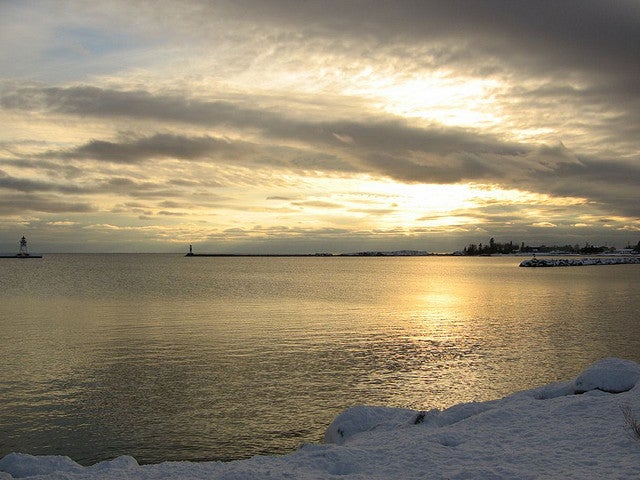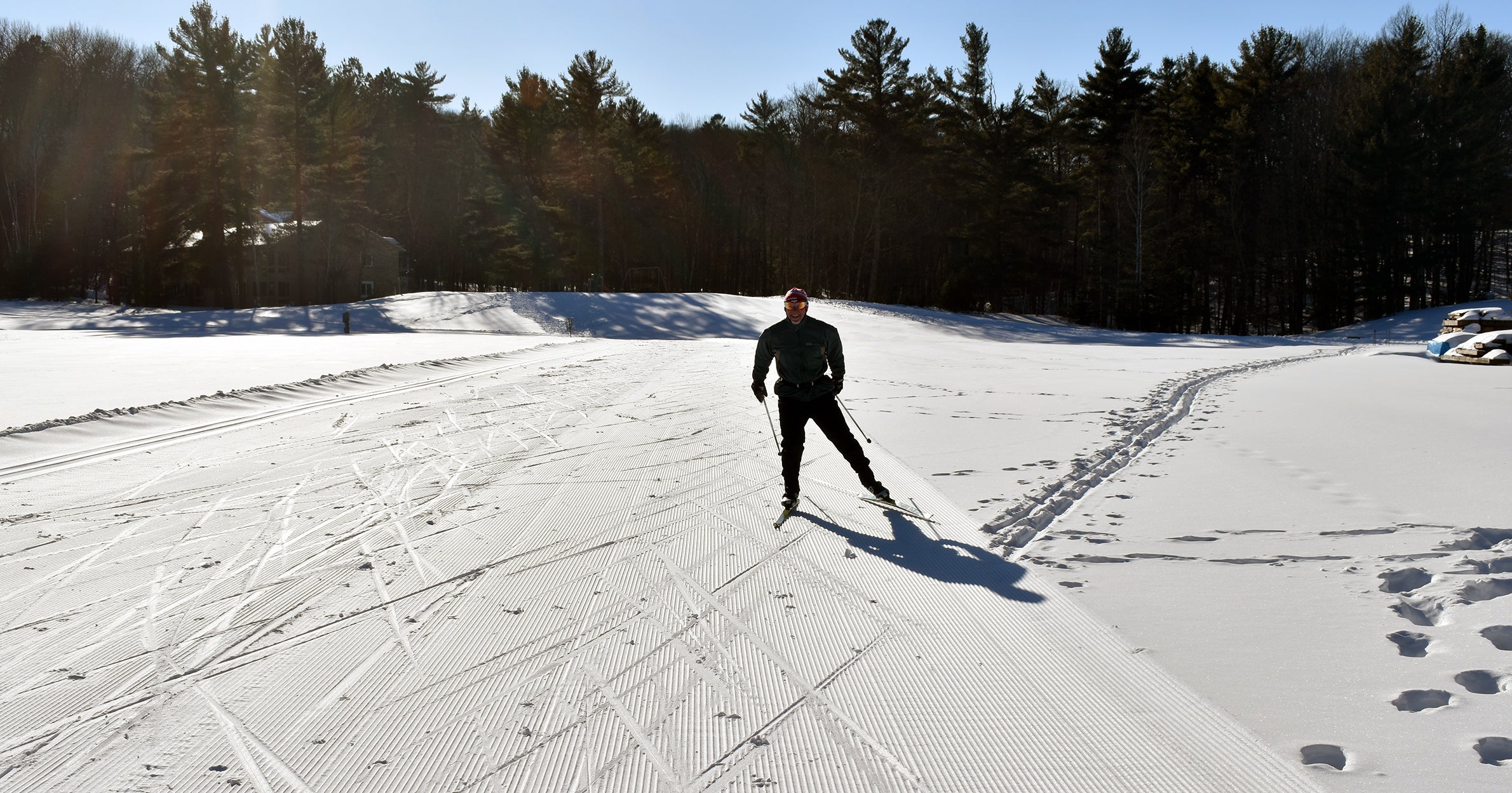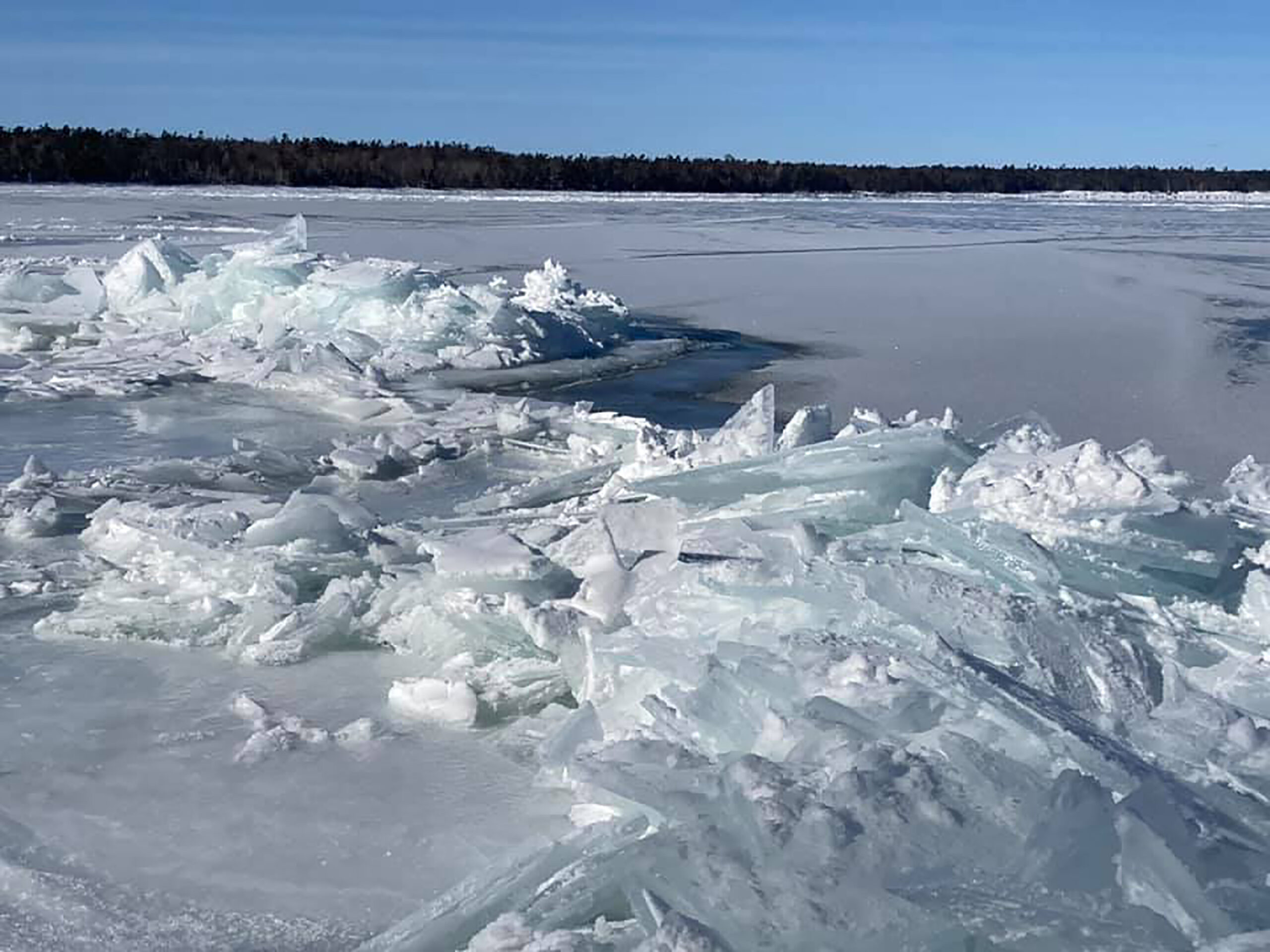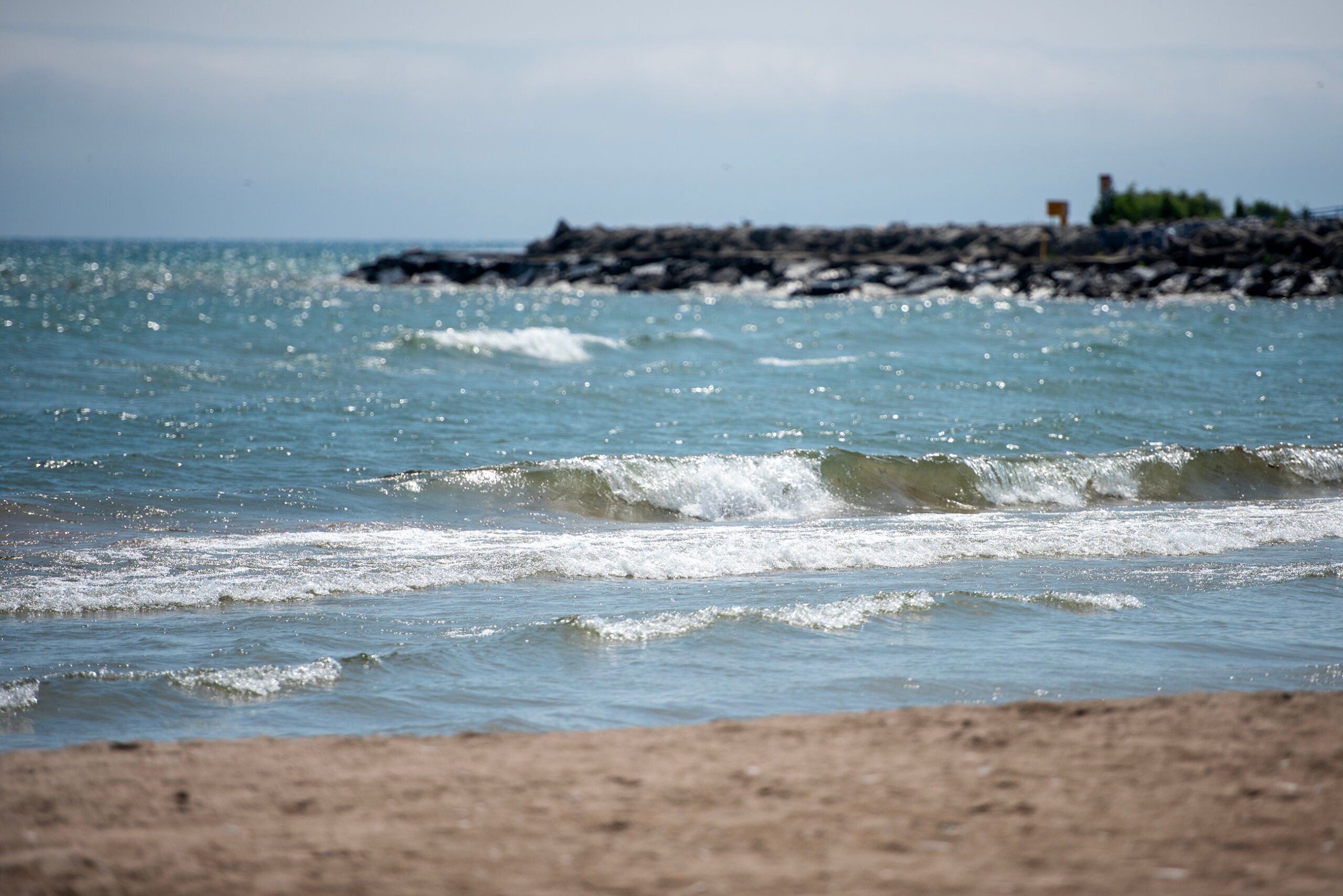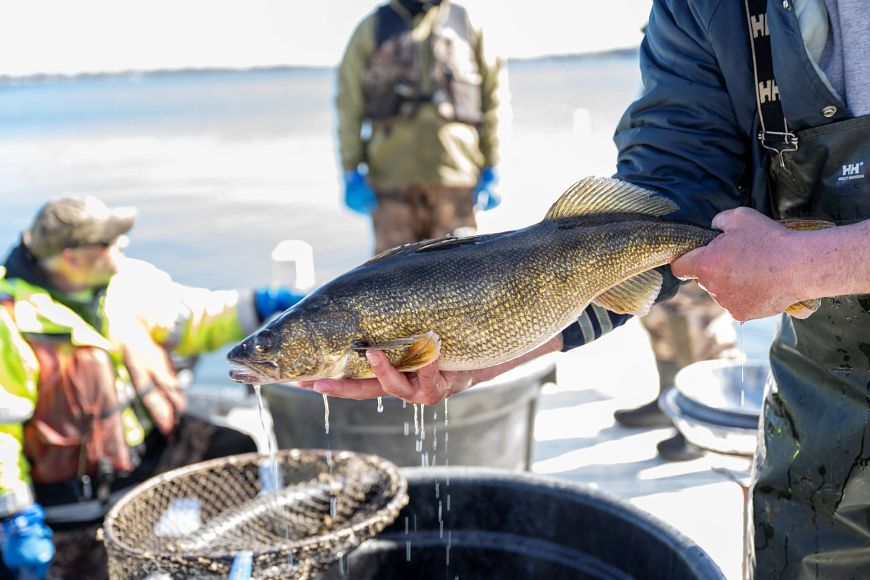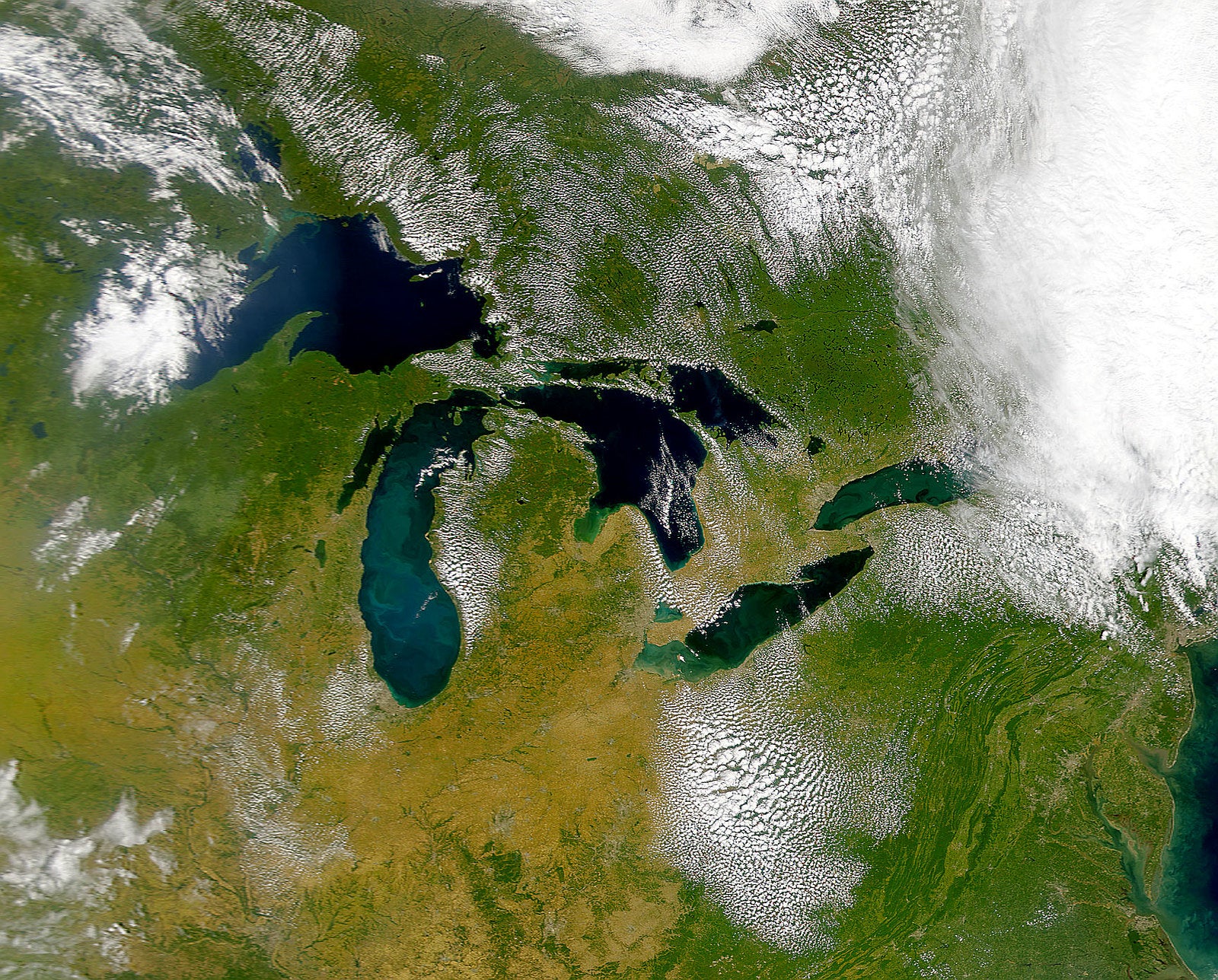More than 60 scientists conducted studies on how climate change is affecting lakes around the world and their findings show lakes appearing to be warming up at a rapid pace.
University of Minnesota-Duluth Professor Jay Austin, who contributed researched to the study on the Great Lakes, said lakes are warming roughly in unison with changes in air temperatures.
“Small changes in the climate can lead to large changes in how ecosystems respond,” he said.
News with a little more humanity
WPR’s “Wisconsin Today” newsletter keeps you connected to the state you love without feeling overwhelmed. No paywall. No agenda. No corporate filter.
The study analyzed findings from 235 lakes that make up more than half the world’s freshwater supply.
He said that study pulled research from many sources.
“This is a big collaborative effort,” said Austin. “This was the first time where lots of us got together and brought data on over 200 lakes to look at not just rates of warming, but what … characteristics of lakes made them more or less prone to warming.”
According to Austin, the study’s results are yet another piece of evidence that global temperatures are warming.
“What we’re seeing is consistent with the idea that global air temperatures have been increasing over the past century or two,” he said.
Austin most of what scientists know about climate change comes from air temperatures, which varies rapidly. However, lakes have a slower change, which makes them a robust measurement of what the climate is like at a particular location, he said.
This warming trend raises many concerns. Austin said that he’s concerned about the future of the world’s lakes, as well as the humans and animals that rely on them. He said temperature is a driving variable for ecosystems within the lakes, which will impact not only the character and culture of the community, but also the sustainability of the fish and other life within the lakes themselves.
He said another very interesting trend the study revealed is that cold-climate lakes — the ones that typically form ice on the surface in winter, appear to be warming faster than those in warmer climates, like Lake Superior. He said this could be due to the fact that these lakes lose their ice cover during a more mild winter, which could be allowing the water to absorb more sunlight.
“It turns out that those (mild winters) lead to significantly warmer summers,” he said.
Austin said they’ve seen a 1 to 2 degree difference in air temperatures when there’s no ice on Lake Superior compared to years when the lake is open water.
The study has a large range of variability. The average summer water temperature in Lake Superior is between 4 to 5 degrees Fahrenheit warmer in the past 30 years.
“These systems can be very, very sensitive to even these small changes in air and water temperature,” he said.
As an example, he said research from one of his graduate students showed that the difference between a year where there is significant ice on the lake and a year with very little ice can be due to a difference in air temperature of 3 to 4 degrees Fahrenheit.
Wisconsin Public Radio, © Copyright 2026, Board of Regents of the University of Wisconsin System and Wisconsin Educational Communications Board.

